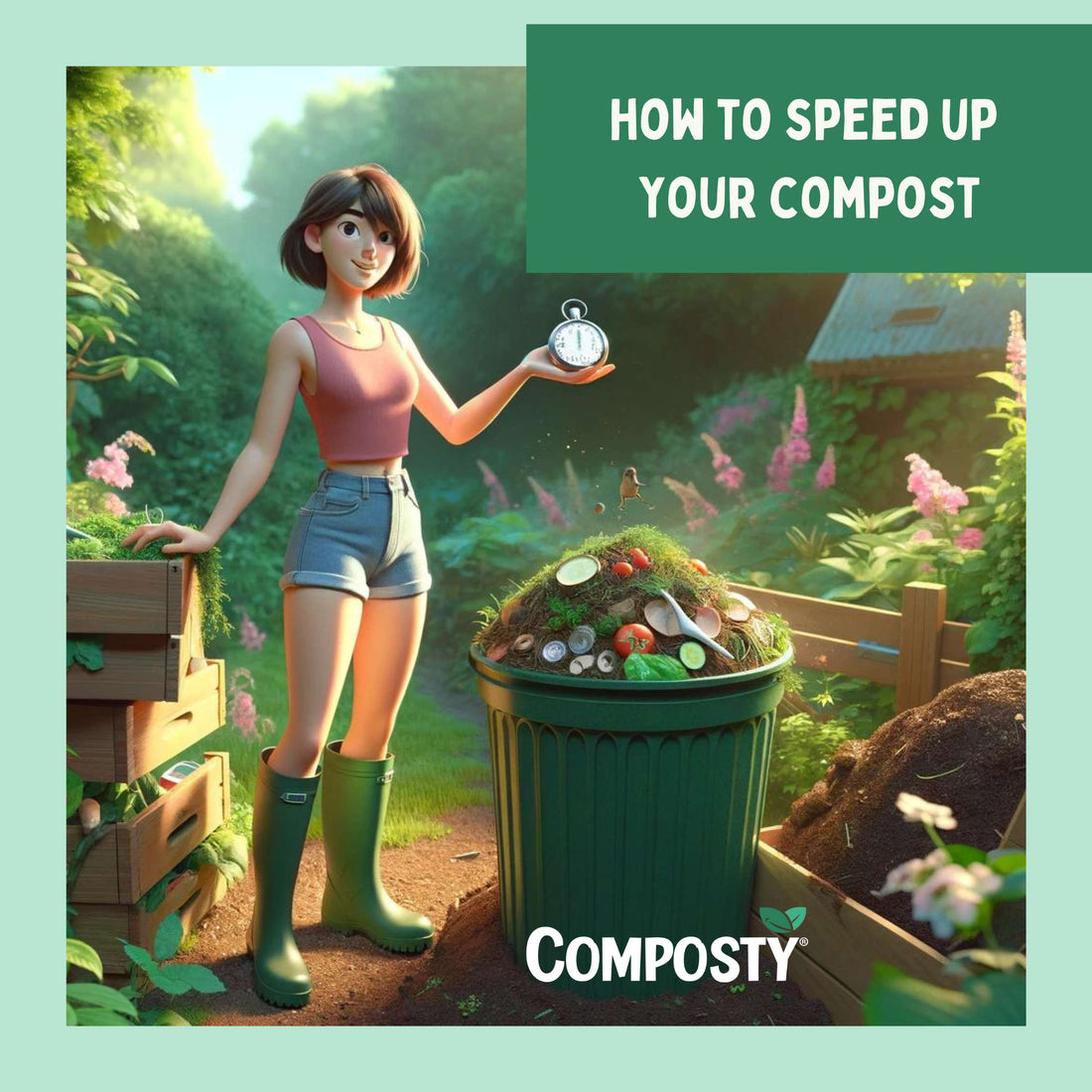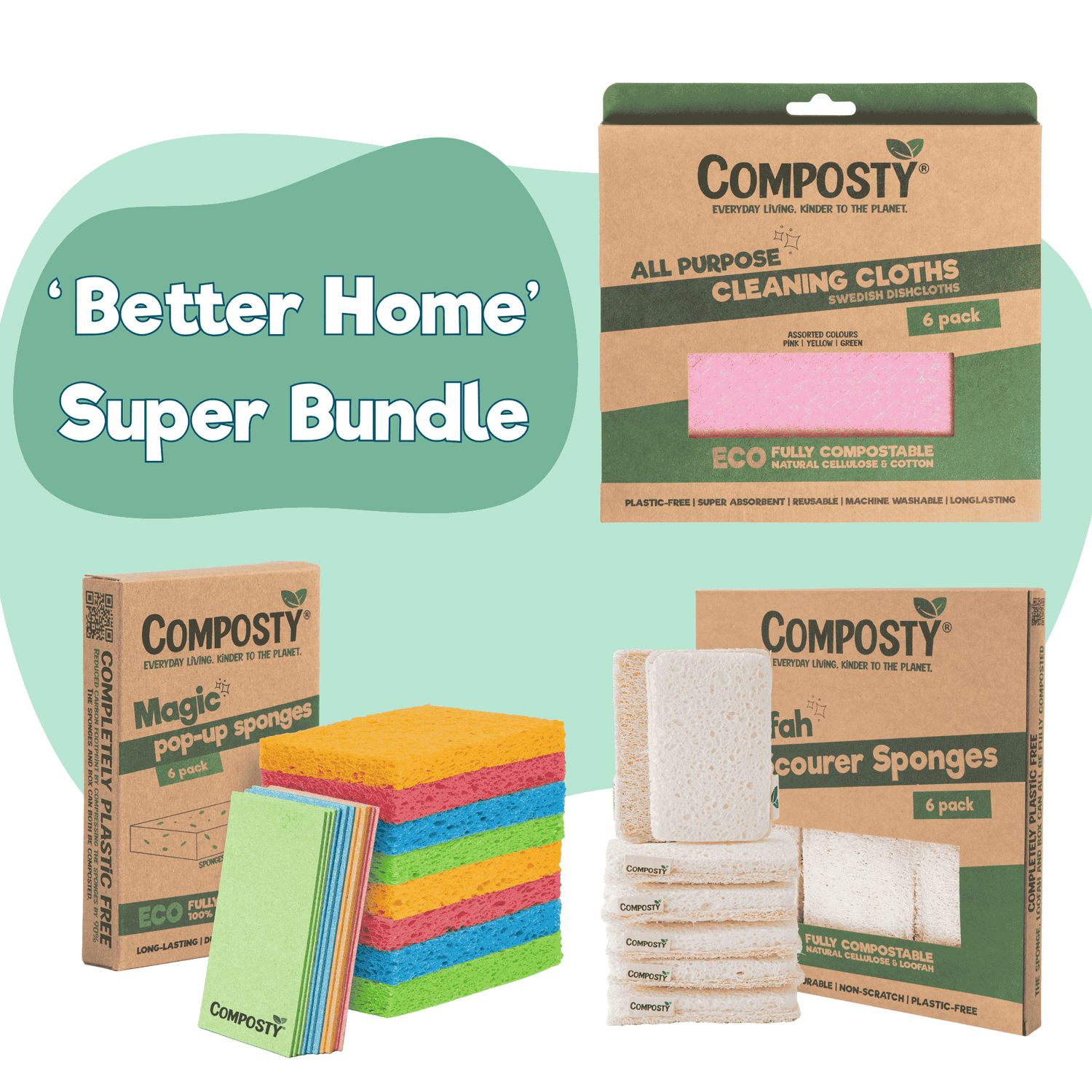
How to Speed Up Your Composting: A Quick Guide for Greener Gardens

Hello, green-thumbed friends! If you're diving into the world of composting, you're not just turning your kitchen scraps and garden waste into black gold for your plants; you're also playing a vital role in reducing landfill waste. But, let's be honest, composting can sometimes feel like watching paint dry. If you're nodding along, wishing there was a way to fast-forward the process, you're in luck! Here's a handy guide to speed up your composting, making it quicker and more efficient.
1. Get the Mix Right: Greens and Browns
The secret to a speedy compost lies in the balance of 'greens' and 'browns'. Greens are your nitrogen-rich materials like vegetable peelings, coffee grounds, and fresh grass clippings. Browns are carbon-rich, such as dried leaves, straw, and shredded paper. A golden ratio to aim for is roughly 1 part green to 2 parts brown. This mix helps microorganisms thrive and break down the material faster.
2. Size Matters: Chop It Up
Larger pieces take longer to decompose. By chopping up your kitchen and garden waste into smaller pieces, you increase the surface area for microbes to work their magic. So, next time you're adding to the compost, give it a quick chop.
3. Turn, Turn, Turn
Regularly turning your compost pile introduces oxygen, which is like a breath of fresh air for the aerobic bacteria busy decomposing your scraps. Aim to turn your pile every 1-2 weeks. This not only speeds up the process but also prevents unpleasant odors.
4. Keep It Moist
Moisture is crucial for composting, but too much or too little can slow down the process. Your compost should feel like a wrung-out sponge – damp but not dripping. If it's too dry, add some water or green material. If it's too wet, mix in some browns to absorb the excess moisture.
5. Cut Down on Bulk
While it's tempting to throw everything into your compost bin, some materials take longer to break down. Meat, dairy, and fats can not only slow down the process but also attract pests. Stick to plant-based scraps and paper products to keep things moving.
6. Give It a Boost
If you're looking for an extra push, consider adding a compost activator or accelerator. These products usually contain a blend of microorganisms to kickstart decomposition. Alternatively, a shovelful of finished compost can introduce the necessary bacteria and fungi to get things going.
7. Location, Location, Location
Finally, where you place your compost bin can impact its efficiency. A sunny spot can help maintain a warmer temperature, accelerating the decomposition process. However, too much direct sunlight can dry out your pile, so balance is key.
By following these tips, you'll not only speed up your composting but also improve the quality of the end product. Happy composting, and here's to a greener, more sustainable garden!


1 comment
QUIERO ACCEDER , GRACIAS